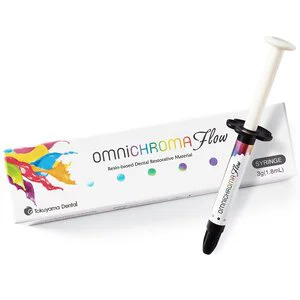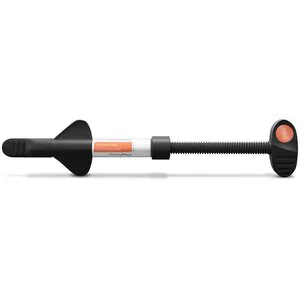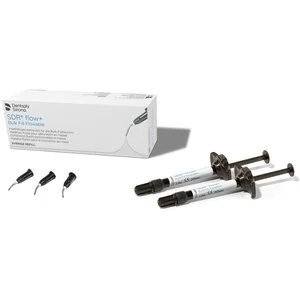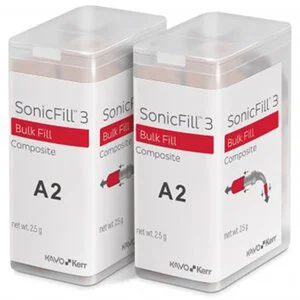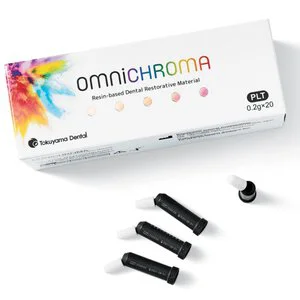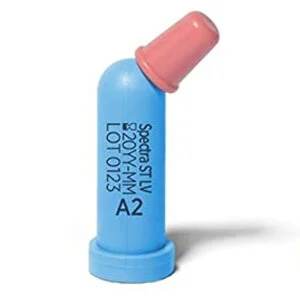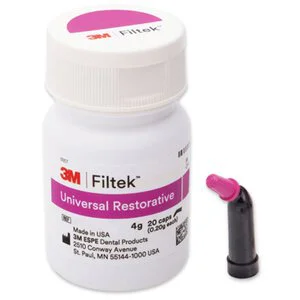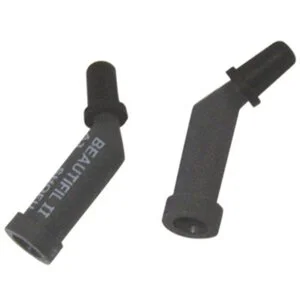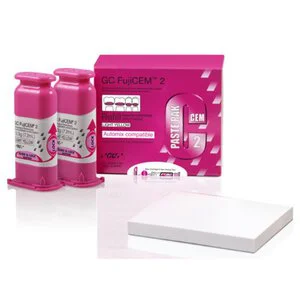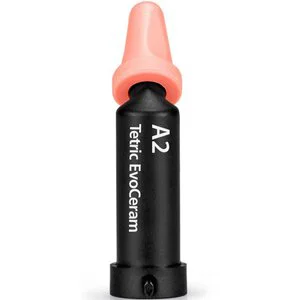Filter Products
Filter Products
Composites & Restorative Products
As low as
$61.46As low as
$145.75As low as
$129.99As low as
$94.70As low as
$103.27As low as
$67.25As low as
$95.59As low as
$96.43As low as
$82.49As low as
$116.43What are composite and restorative dental materials?
Composite dental restorative materials refer to a category of dental materials used for restoring and repairing damaged or decayed teeth. They are commonly used for dental fillings, inlays, onlays, and veneers.
Key advantages of using dental composite and restorative products:
- Dental composites offer superior aesthetics, mimicking the natural appearance of teeth.
- They provide excellent versatility and are suitable for anterior and posterior restorative procedures.
- Composite materials bond well with tooth structures, promoting longevity.
- Low shrinkage rates contribute to a reduced risk of postoperative sensitivity.
- The ability to match shades precisely ensures a seamless integration with the patient's dentition.
How do dental professionals ensure a successful composite restoration procedure?
Achieving optimal results in composite restorations requires meticulous attention to detail. Begin by isolating the treatment area to prevent contamination and ensure a dry field. Selecting the appropriate shade of composite material is crucial for a natural look. Employing a high-quality bonding agent enhances adhesion, promoting restoration longevity. Utilize proper layering techniques, curing each layer adequately to achieve the desired strength. Finally, invest time finishing and polishing for a smooth and aesthetic finish.
What are the classifications and handling properties of dental composites?
- Universal Composites are versatile restorative materials suitable for a wide range of applications. They exhibit excellent aesthetic properties, mimicking the natural appearance of teeth. These composites are well-adapted for both anterior and posterior restorations, providing dentists with flexibility in their treatment approaches.
- Flowable Composites have a more liquid consistency, allowing for easier placement in areas that may be challenging to reach with traditional composites. They are often used for minimally invasive procedures, such as small cavity fillings and pit and fissure sealants. The flowable nature ensures good adaptation to tooth surfaces.
- Bulk Fill Composites are designed for efficient and time-saving restorations. They allow for the placement of thicker layers, reducing the need for multiple increments and minimizing chair time. These composites are particularly useful in posterior restorations where achieving proper depth and curing efficiency is crucial.
- Glass Ionomers are a type of dental cement that bonds chemically with tooth structures. Commonly used in restorations for deciduous teeth and non-load-bearing areas. Glass ionomers release fluoride, preventing secondary caries. Their versatility extends to applications like lining, sealing, and cementing.

